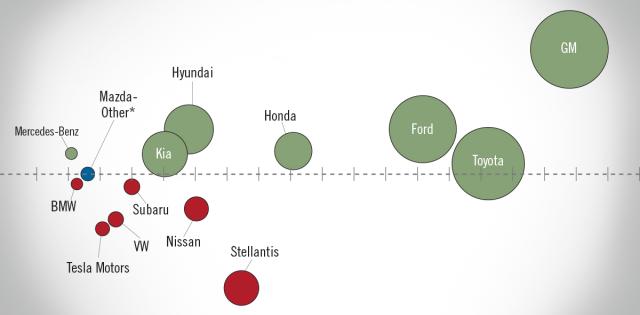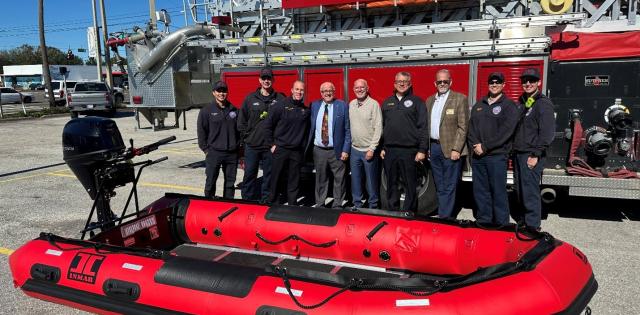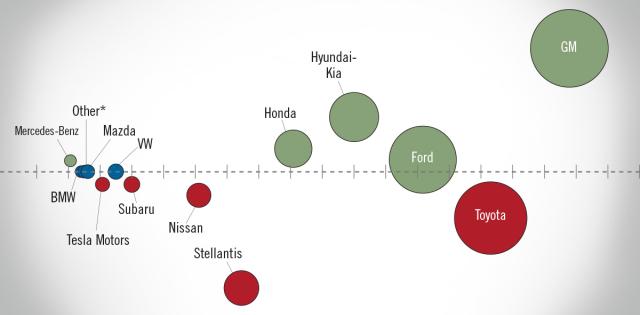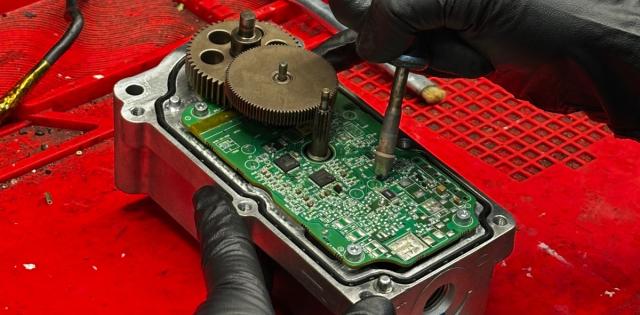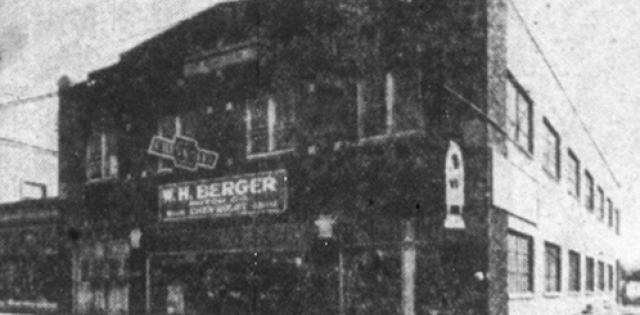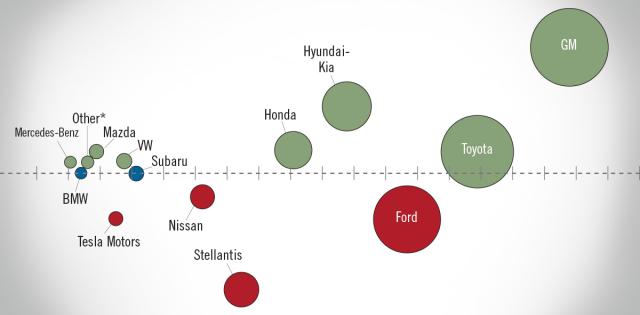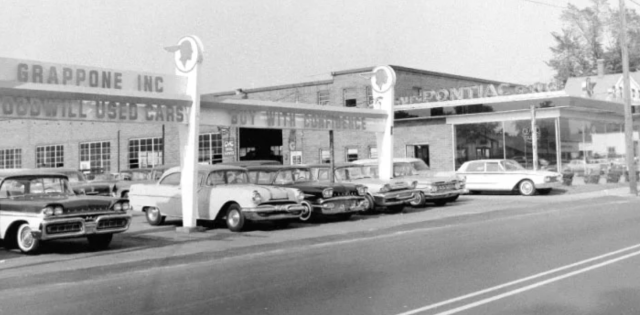As NADA Executive Director of External Affairs and Public Policy I want to share some things I think all dealers should know.
1. Make diversity, equity, and inclusion (DEI) a business imperative as it is good for the bottom line. In general, businesses that embrace DEI are stronger, more successful, and better equipped to serve their local communities. For franchised dealers, this is especially true because dealers must be connected with their customers to thrive in any market. To put this in perspective, ask yourself:
- What does my customer base look like? Is it different than it was 30 years ago?
- Does my employee base reflect the community in which I operate?
If you want to continue to establish those cherished “customer for life” relationships, your opportunities will increase if your employees and customers mirror each other.
Of course, this is not a static analysis. A dealership workforce should keep pace with the ever-changing community where the dealership is located. Dealerships that continue to lean into diversity and inclusion can take advantage of significant opportunities to sustain and enhance the viability of their business. Bottom line: A dealership engaged in this manner is a dealership that is growing.
Finally, as with every other key aspect of dealership operations, the dealer principal will play an essential role in setting the tone and creating a business culture that looks for diverse, qualified employees who can work in every facet of
the dealership.
For more information about making diversity a business imperative, NADA members can refer to the NADA Driven Guide.
2. While always seeking to improve our embracing of diversity, equity, and inclusion, auto dealers are on the right path as an industry. Leaning in on matters of DEI requires a long-term commitment and is far from complete. There is much more to be done, but we should be gratified that our record to date is a good one and we should celebrate those that have made it so.
3. Strengthen your connection to the community you serve. Your business success has always been tied directly to your ability to develop and nurture relationships within your community. Don’t
be afraid to build bridges where none have previously existed or to go beyond your obvious or traditional associations. Identify and embrace diverse constituency groups that would be non-traditional collaborators. In fact, making these connections should be a top priority to expanding your customer base.
As you look to expand your outreach and engagement, look for opportunities to build long-term relationships with different constituencies. For example, your traditional sponsorships in the community, such as Little League, are part of building goodwill and awareness in the community at large. Look for similar opportunities with more targeted constituencies where your dealership is located.
As with any other relationship building exercise, the desired outcome is expanding natural synergy while steering clear of any potentially controversial areas.
4. Create opportunities to promote equity in the workplace to keep your business on a successful track. Fostering equity in the workplace is not only the right thing to do, but it is also good for business. For a dealership, workforce equity is akin to a three-legged stool. The concept is a win for the dealer, the employee, and the community where the dealership is located.
It is important that all employees, particularly women and other underrepresented groups, are given the unique resources they need to have access to opportunities. Dealers should continue to invest in pathways for employee promotion and advancement, including business training, coaching, and mentoring. These resources and tools are a recipe for success for the dealer.
5. Think expansively as you confront the shortage of skilled automotive service technicians and other dealership jobs. As nearly all sectors of the American workforce are experiencing labor shortages, recruitment and retention strategies have become more important.
Now more than ever, you can present your dealership in a positive light at community colleges and technical schools, as well as to high school and even middle school students. Career days in local middle and high schools present a great opportunity to educate students on the many opportunities available to them working at a dealership, including a competitive salary, valuable health care benefits, and the potential to one day move into senior management. And remember that the students in the classroom directly reflect the changing demographics of your community. So, to maximize your recruiting potential make sure that your “school sales team” reflects the diversity of your dealership. Also, you should not be shy about recruiting prospective workers from unconventional, non-traditional places. Places like religious institutions or even a homeless shelter could prove to be a source for finding highly motivated people with prior experience who just need another chance to thrive.
Additionally, for teachers, administrators, students, and parents, dealers have a great story to tell about finding a career opportunity instead of just a job! An entry level job at a well-run dealership can be a ticket to a sustainable middle-class lifestyle, which has universal appeal in these uncertain times. Today’s service work requires computers and high-tech equipment, which involves problem solving that is both challenging and rewarding. And, probably the most persuasive point, with on-the-job training and development, a college degree is not necessary to advance into management positions within a franchised dealership.
This article originally appeared in the Fall/Winter 2021 edition of Iowa Auto Dealer magazine.


